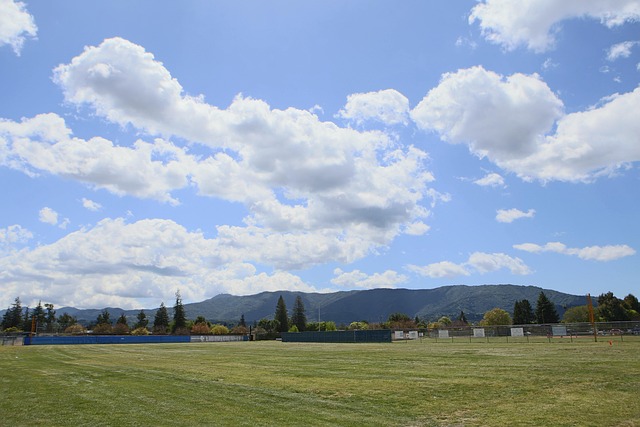
Silicon Valley's Shift to AI-Driven Hard Tech Boom
Silicon Valley, long synonymous with software innovation, is undergoing a significant transformation. The region is pivoting from its traditional focus on consumer software to embrace AI-driven "hard tech"—complex, capital-intensive endeavors like robotics, quantum computing, and advanced energy systems. This shift is attracting substantial investments and reshaping the technological landscape.

The Emergence of AI-Driven Hard Tech
Defining Hard Tech
Hard tech refers to industries that require substantial capital investment and deep scientific expertise, such as hardware development, advanced manufacturing, and energy infrastructure. Unlike software, which can often be developed with relatively low initial investment, hard tech projects demand significant resources and time to bring to fruition.
The Role of AI in Hard Tech
Artificial Intelligence is revolutionizing hard tech by enabling smarter, more efficient systems. In robotics, AI algorithms allow machines to learn from their environment and improve their performance over time. In quantum computing, AI assists in optimizing complex computations, making previously intractable problems solvable. In energy systems, AI helps in predicting energy consumption patterns and optimizing grid management.
Key Drivers of the Shift
Investment Surge
Venture capital firms are increasingly investing in hard tech startups. For instance, companies like OpenAI and Anthropic are not just developing AI models but also investing in the infrastructure needed to support them, such as data centers and specialized hardware. This trend reflects a broader recognition that software alone cannot sustain growth; robust hardware is essential to handle the computational demands of next-generation AI. (webpronews.com)
Talent Acquisition and Collaboration
The demand for AI talent has led to significant acquisitions and collaborations. In 2024, Google paid $2.7 billion to acquire Character AI, aiming to bring back Noam Shazeer, a key figure in AI development. Similarly, Microsoft invested over $1 billion in Inflection AI to acquire Mustafa Suleyman, a prominent AI researcher. These moves underscore the competitive landscape for AI expertise. (freethink.com)
Implications of the Shift
Economic Impact
The focus on hard tech is revitalizing the Silicon Valley economy. The AI boom is creating demand for engineers skilled in robotics, materials science, and quantum computing, reversing earlier job losses in the Bay Area. This shift is also attracting substantial investments, with projections for 2025 showing a 40% efficiency gain in sectors like finance and healthcare through IoT and 5G integrations. (webpronews.com)
Ethical and Regulatory Challenges
The rapid advancement of AI in hard tech raises ethical and regulatory concerns. The development of powerful AI systems without adequate oversight can lead to unintended consequences, such as biased algorithms or security vulnerabilities. For example, AI models have been found to perpetuate racial biases when ranking job applicants, highlighting the need for responsible AI deployment. (nbcnewyork.com)
Future Outlook
Silicon Valley's shift to AI-driven hard tech represents a new era of innovation. While challenges remain, the potential for breakthroughs in various industries is immense. The integration of AI with hard tech is fostering innovations like quantum-AI hybrids, which could revolutionize drug discovery and financial modeling. As the industry continues to evolve, balancing ambition with caution will be crucial to ensure that technological advancements benefit society as a whole. (webpronews.com)
In conclusion, Silicon Valley's transition to AI-driven hard tech signifies a pivotal moment in technological advancement. This shift not only redefines the region's economic landscape but also sets the stage for innovations that could transform industries worldwide.